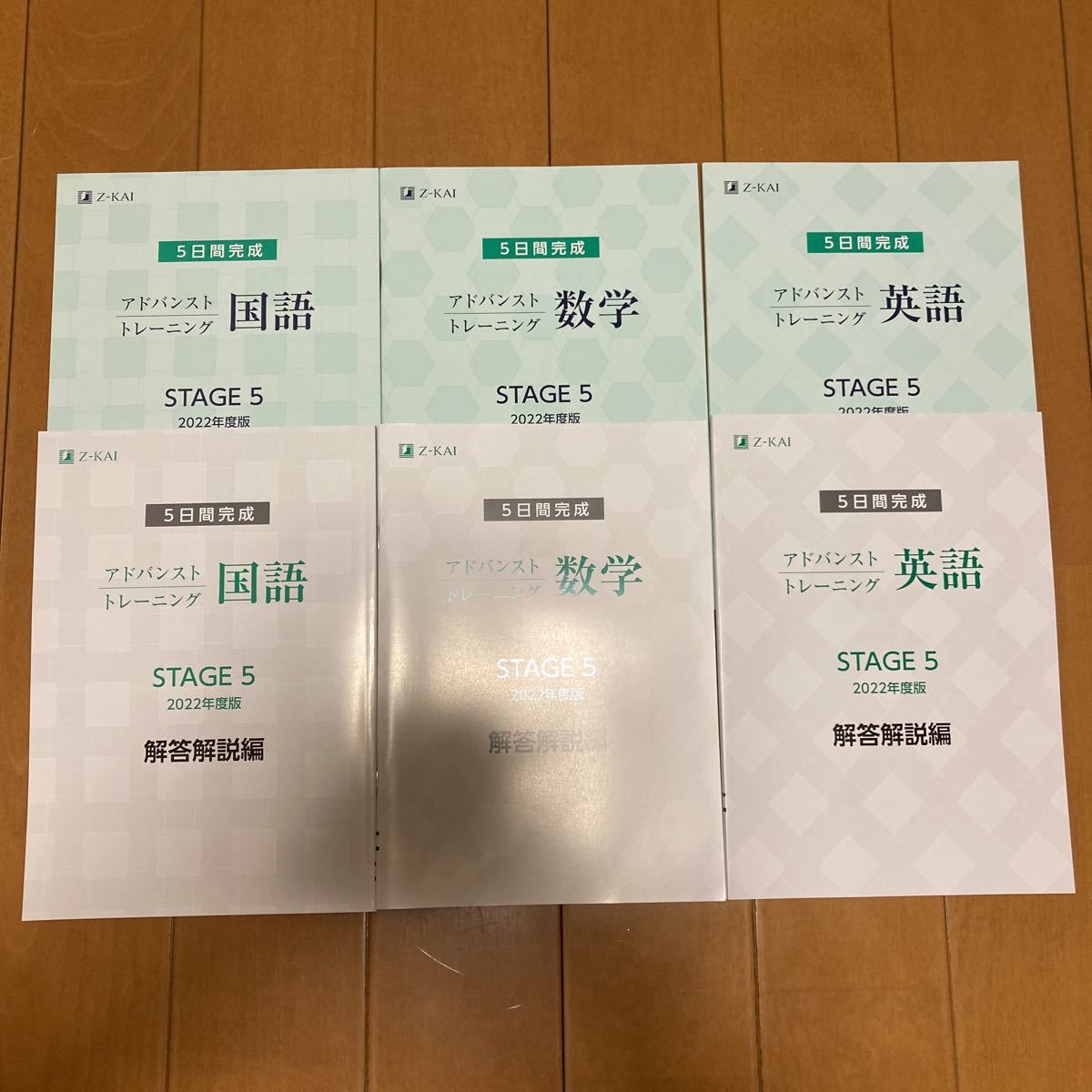
新入荷再入荷
オロス メンズ エンデバージャケット2021 Sサイズ OROS Men's
 タイムセール
タイムセール
終了まで
00
00
00
999円以上お買上げで送料無料(※)
999円以上お買上げで代引き手数料無料
999円以上お買上げで代引き手数料無料
通販と店舗では販売価格や税表示が異なる場合がございます。また店頭ではすでに品切れの場合もございます。予めご了承ください。
商品詳細情報
| 管理番号 | 新品 :16310536 | 発売日 | 2024/01/25 | 定価 | 35,000円 | 型番 | 16310536 | ||
|---|---|---|---|---|---|---|---|---|---|
| カテゴリ | |||||||||
オロス メンズ エンデバージャケット2021 Sサイズ OROS Men's
ワンシーズン着用しました。 着用回数は10回未満です。 防寒性能は抜群です。1〜2度の気温でも かなり暖かかったです。 ロンT1枚でもかなり暖かかいと思います。 人気のエンデバージャケットがすぐに手に入るチャンスです! になりますのでご理解いただける方のみお願いします。 サイズはUS Sサイズで大きさは 当方175体重70キロですが多少ゆとり有ります。 ユニクロなどのLサイズくらいかと思います。 定価税込59,800円 NASAが宇宙服に使う断熱素材を特許技術でアパレルに応用!-40℃まで対応するウェアを実現! 軽く・動きやすく進化!日本のお客様のお声を元に改善を繰り返した一生モノのアウターウェア! 完全防水・防汚・防風機能搭載で、場所や天候に関わらずアクティブに使える無敵な仕様を実現! ウィンタースポーツに◎ 圧倒的な超防寒&雪の侵入を完全シャットアウト! 雪山登山にも◎ 冬場のバイクや自転車にも◎ "難燃性"素材のため、キャンプファイヤーやBBQにも◎ 表面は難燃性のため、寒さだけでなく火の粉にも強い仕様となっています。 シンプルでスタイリッシュなデザイン。 最も活躍するベストな気温は10℃〜-40℃!秋〜冬〜春にかけて長く着こなすことができる。 エンデバージャケットは"防水透湿性素材"を採用しており、通気性抜群のため、アクティブに動いて汗をかいても蒸れない構造です。外側からは防水仕様&内側からは通気性抜群という両面でのいいとこどりを実現しています。

































